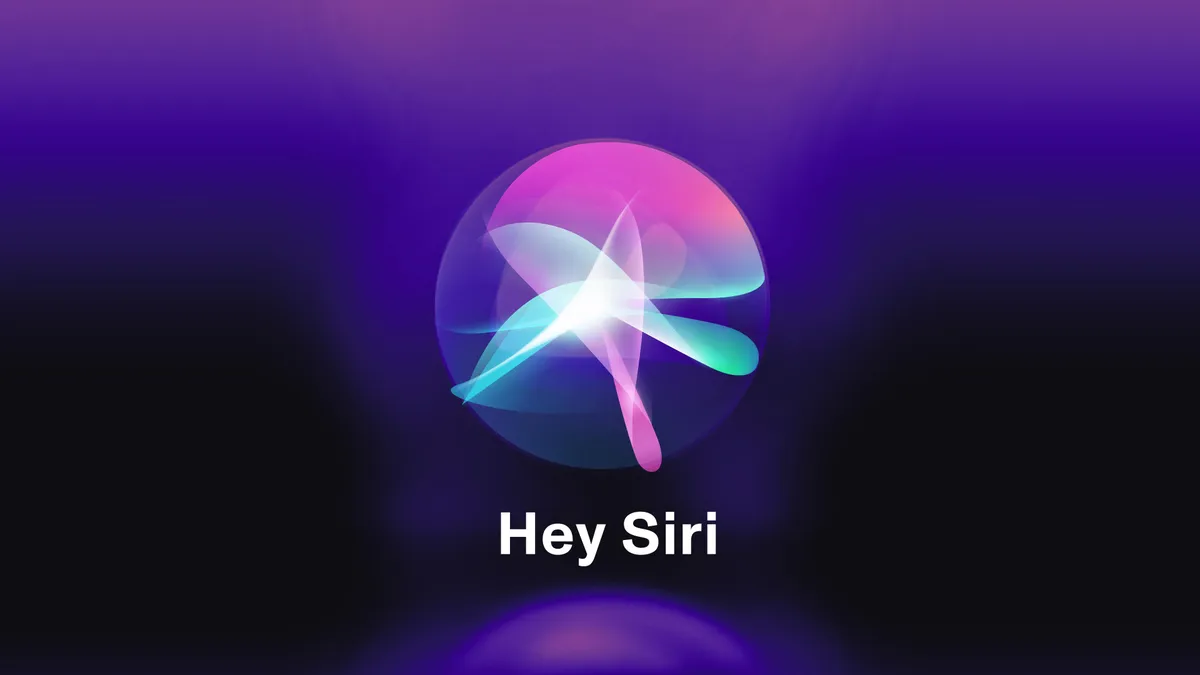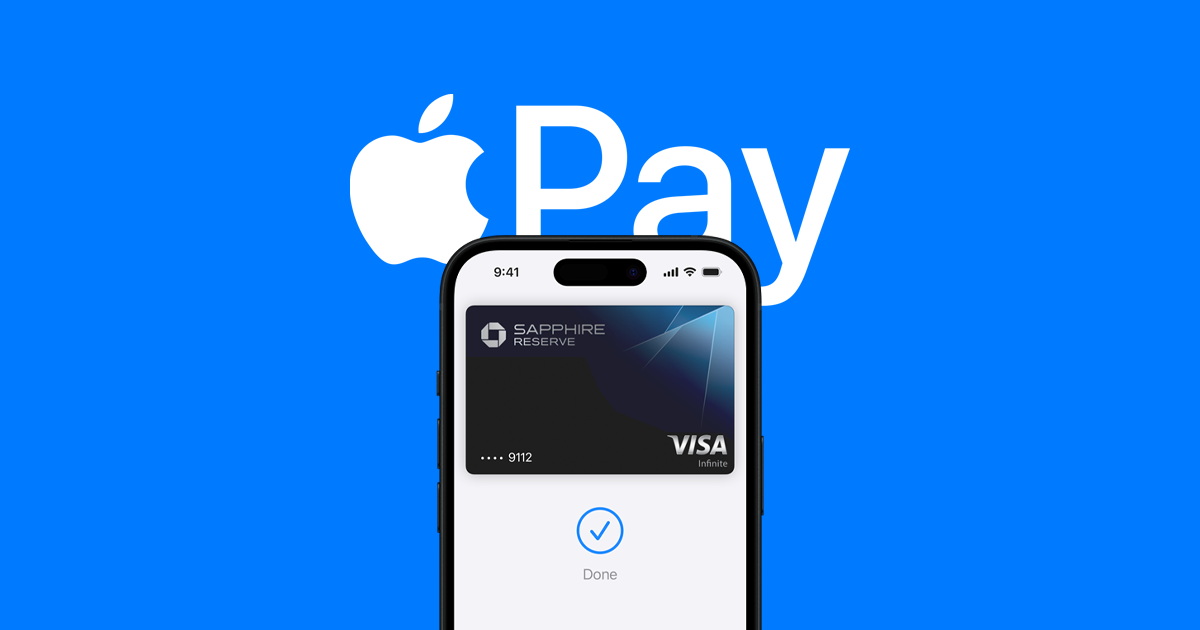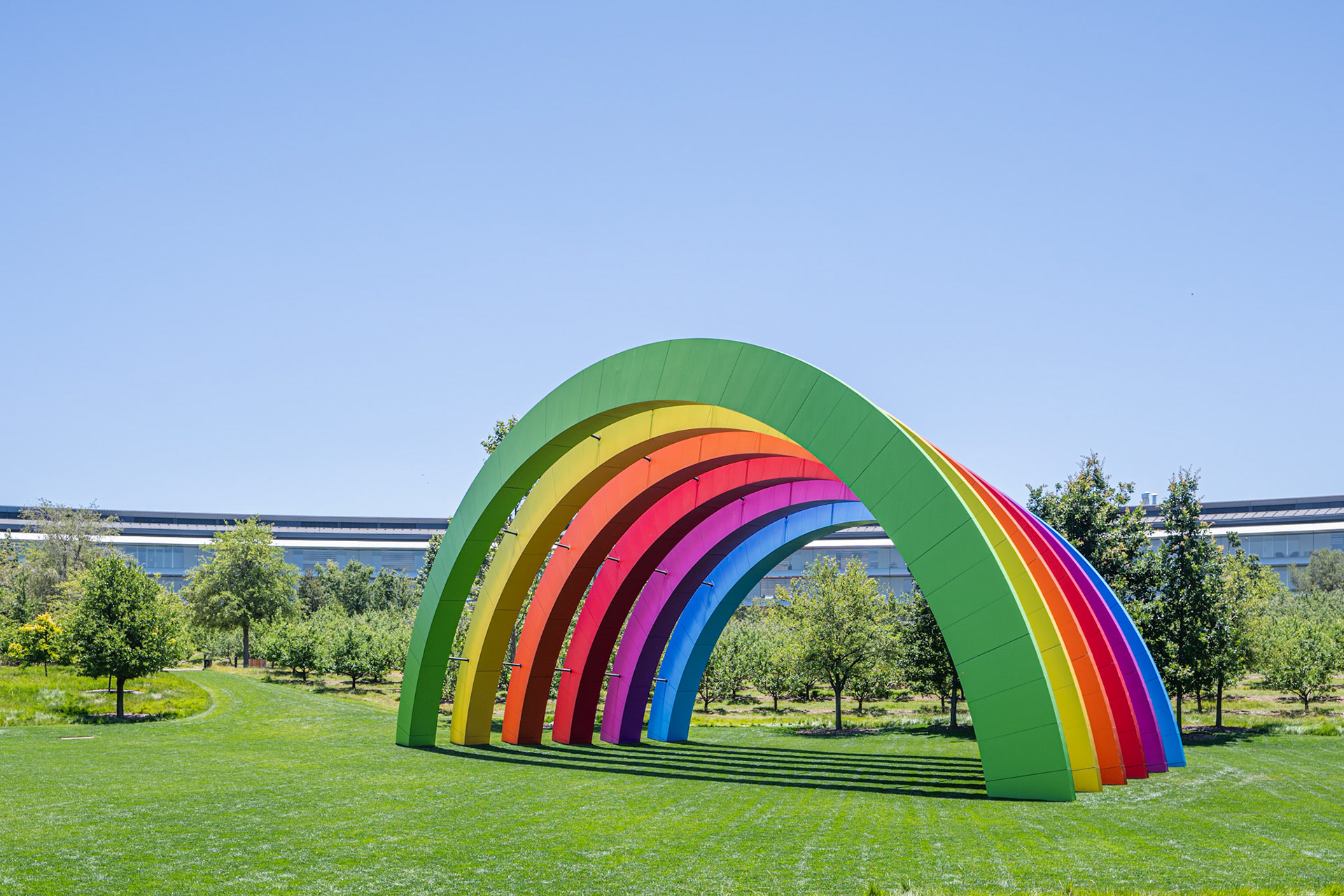Apple is making big changes to how it manages Siri, its voice assistant. The company recently put a new person in charge, someone who helped create the Vision Pro, a high-tech headset. This shake-up comes as Apple struggles to roll out its new “Apple Intelligence” features, which were meant to make Siri smarter and more helpful.
Back in June 2024, Apple announced plans to upgrade Siri with advanced abilities, like better understanding of conversations and integration with apps. These improvements were tied to Apple Intelligence, a system designed to bring more artificial intelligence into iPhones, iPads, and Macs. But things haven’t gone smoothly. The rollout has been slower than expected, and some features are still missing or not working as hoped. This has left many users and fans disappointed.
The new leader stepping in is a familiar face at Apple. He played a key role in building the Vision Pro, a device that mixes virtual and real worlds. Now, his job is to fix Siri and get Apple Intelligence back on track. Insiders say he’s known for solving tough problems and pushing teams to think creatively. Apple hopes his skills will help turn things around.
For now, Apple is testing parts of Apple Intelligence with a small group of users. The company wants to make sure everything works well before releasing it to everyone. Some reports suggest the full launch might not happen until later in 2025 or even 2026. That’s a delay from what Apple originally promised, and it’s caused frustration among people eager for a smarter Siri.
This leadership switch shows Apple is serious about fixing the issues. Siri has lagged behind competitors like Google Assistant and Amazon’s Alexa in recent years, and Apple knows it needs to catch up. With a fresh face leading the charge, the company is betting on a turnaround. Fans are now waiting to see if these changes will finally make Siri the helpful assistant they’ve been hoping for.





